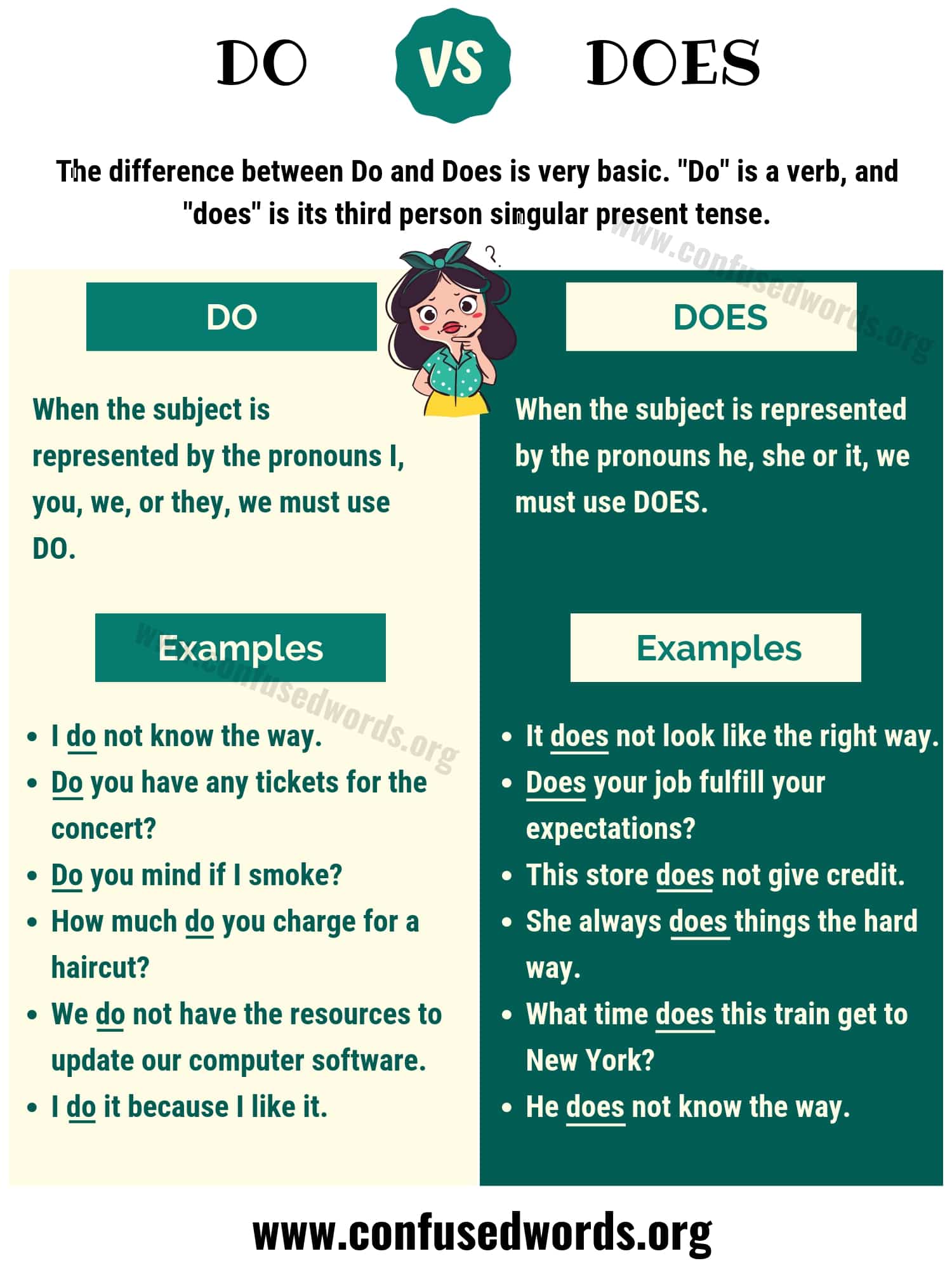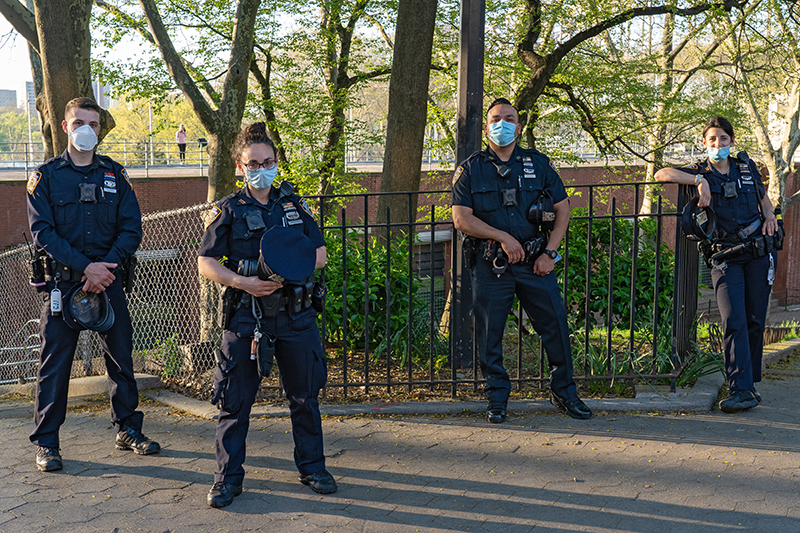Balancing Concern and Respect: When Wellness Checks Cross Into Harassment
Introduction: The Fine Line Between Caring and Harassment
Wellness checks are rooted in compassion and concern for someone’s well-being. Whether initiated by family, friends, or law enforcement, these checks aim to ensure that individuals at risk receive timely support. However, the line between compassionate intervention and harassment can blur quickly if wellness checks become frequent, intrusive, or ignore the subject’s privacy and autonomy. This article provides actionable guidance on recognizing when a wellness check turns into harassment, how to respond, and what alternatives exist for both concerned parties and those feeling overwhelmed.
Understanding Wellness Checks: Purpose and Legal Framework
A wellness check (sometimes called a welfare check or Safe and Well check) usually involves law enforcement or public safety officers visiting someone in response to concerns about their health or safety. Common triggers for such checks include lack of contact, signs of distress, or reports of potential harm. For instance, family members may call the police if an elderly relative is unreachable, or neighbors may report suspicious behavior indicating possible domestic violence or substance abuse [3] .
Law enforcement officers must consider the totality of the circumstances before conducting a wellness check. They may enter private property without a warrant only if “exigent circumstances” exist-meaning immediate action is required to prevent imminent harm [4] . Officers are expected to respect privacy and act only on credible information.
When Does a Wellness Check Become Harassment?
The intention behind a wellness check is crucial. A genuine desire to help is not harassment. Harassment occurs when wellness checks:
- Are performed excessively, disregarding the subject’s wishes.
- Invade personal privacy without evidence of imminent risk.
- Cause emotional distress or fear.
- Are used as a tool for control, retaliation, or manipulation.
For example, repeated calls to law enforcement for wellness checks on the same individual, without legitimate concern, can be deemed harassment-especially if the intent is to annoy or intimidate [1] . Courts have recognized that calls for welfare checks with malicious or unjustifiable motives are not protected by the First Amendment and may be grounds for legal action [2] .
Real-World Examples
Consider a scenario where a parent repeatedly contacts police to perform wellness checks on their ex-partner, not out of genuine concern, but to disrupt or harass. In one legal case, a court found that such conduct, when motivated by harassment rather than legitimate worry, was not constitutionally protected and could justify a restraining order [2] .
Another example may involve a neighbor persistently requesting wellness checks for minor issues, potentially escalating to a pattern of harassment if the requests are unfounded and intended to disturb the individual’s life [1] .
Recognizing Warning Signs and Setting Boundaries
For those receiving wellness checks, warning signs of harassment include:

Source: usahousinginformation.com
- Multiple wellness checks in a short period without new or credible reasons.
- Checks that ignore your expressed wishes or boundaries.
- Requests for checks stemming from personal vendettas or disputes.
- Feeling unsafe, anxious, or distressed due to repeated interventions.
If you feel harassed, communicate your discomfort clearly to the person or agency initiating the checks. Document each incident-record dates, times, and details. If the situation persists, legal guidance may be warranted; you may need to contact local law enforcement or seek advice from a qualified attorney. In some cases, a restraining order could be appropriate if harassment is substantiated [1] .
How to Request a Wellness Check Responsibly
If you are concerned for someone’s safety, consider these steps before involving law enforcement:
- Reach Out Directly: Attempt to contact the person via phone, message, or in-person visit if safe and appropriate.
- Ask Someone Trusted: If you are not close or the person is uncomfortable with you, consider asking a neighbor, caretaker, or property manager to check in [5] .
- Gather Critical Information: If you must call law enforcement, provide the person’s full name, address, contact details, and any relevant health information.
- Explain the Situation Clearly: Be transparent about the person’s history, sensitivities, and your specific concerns.
- Follow Up: After the check, communicate with law enforcement or responsible parties to ensure the situation is resolved respectfully.
Document your actions to demonstrate that your intent is genuine and based on concern, not control or retaliation. Avoid repeated requests without new or pressing reasons, as this can be construed as harassment.
Alternatives and Support Pathways
If you are worried about someone but do not want to risk overstepping boundaries, consider these alternatives:
- Contact local social services or mental health agencies for guidance. Many organizations offer crisis support and can recommend non-intrusive interventions.
- Encourage the individual to engage with community resources, such as senior centers or counseling services.
- If immediate safety is not a concern, respect the person’s autonomy and privacy, checking in occasionally without involving authorities.
For those feeling harassed by wellness checks, seek support from advocacy organizations, legal aid groups, or local ombudsman offices. If you believe your rights are being violated, consult an attorney with experience in harassment or civil rights cases. You can search for “harassment legal assistance” in your area or contact your local bar association for referrals.
Potential Challenges and Solutions
Challenges include balancing genuine concern with respect for privacy, navigating complex family or neighbor relationships, and dealing with law enforcement protocols. To address these:
- Open Communication: Initiate respectful conversations about boundaries and preferred methods of contact.
- Clear Documentation: Keep records of all interactions to support your position if disputes arise.
- Legal Recourse: If harassment persists, use documented evidence to seek formal intervention through restraining orders or complaints.
- Education: Inform all parties about the legal and ethical standards surrounding wellness checks to prevent misuse.
Solutions focus on empathy, transparency, and adherence to legal standards. Responsible action preserves the dignity and well-being of all involved.

Source: ajs.org
Summary: Key Takeaways
Wellness checks are vital tools for safety but must be conducted with respect. They become harassment when excessive, intrusive, or motivated by control rather than concern. Both those requesting and receiving checks should understand their rights and responsibilities. If you feel harassed, communicate boundaries, document incidents, and seek legal or advocacy support. Always prioritize empathy and transparency to maintain trust and avoid unintended harm.
References
- [1] Wellness Research (2024). When Does A Wellness Check Become Harassment?
- [2] Daily Journal (2025). Calling the police for welfare checks: Privileged communication or harassment?
- [3] Wikipedia (2020). Wellness check.
- [4] Study.com (2025). Police Welfare Check: Definition & Laws.
- [5] Pointer & Buelna, LLP (2024). How to Get a Wellness Check on Someone.
MORE FROM 9scholarships.de













